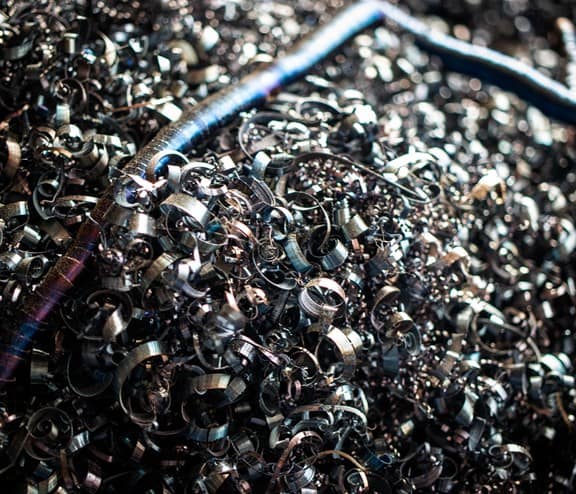
How manufacturers can save and earn money through sustainable practices
Manufacturers understandably prioritise generating higher revenue (67%) and achieving cost efficiencies (65%). As a result, sustainability (39%) often takes a back seat, according to a Biffa survey conducted by the YouGov analysis institute. However, the good news is these goals don’t have to be mutually exclusive.
By adopting circular practices across the production process—and properly disposing of waste that can’t be reused or recycled—you can protect your bottom line while also advancing your sustainability ambitions.
Recycling strategies to cut costs
With rising costs and tighter regulations like the upcoming 3% points increase in the Plastic Packaging Tax (PPT) and Extended Producer Responsibility, implementing sustainable practices can actually reduce operational costs. Here's how:
- Switch to recycled packaging: Packaging with at least 30% recycled content is exempt from PPT (which targets businesses using virgin materials). Opting for recycled materials to avoid penalties and highlights your commitment to cost-effective sustainability.
- Segregate waste: Heavier waste streams can be particularly costly for manufacturers. Separating recycling, liquids, and food waste from general waste bins can significantly lower collection fees. Recycling costs are often at least a third cheaper than general waste costs, providing a direct financial incentive.
- Comply with regulations like Simpler Recycling: Businesses with 10+ employees will be required to separate recycling and food waste. Getting ahead of this legislation now can help you cut costs early.
- Educate your team: Training staff on where to deposit waste – and the importance of thoroughly cleaning out recyclables (e.g. a plastic container soiled with food) to prevent contamination—with signage above bins as a reminder can make a real difference. A critical time is before or during quality control—minimising waste can drastically improve overall efficiency and lower production costs.
- Extend equipment lifespan: Incorporating end-of-life management for machinery into your processes—prioritising repair and reuse where possible—then recycling when the equipment is no longer usable, is also economical. For example, routinely undertaking maintenance checks can help you spot damage and fix it before it reaches the point of no return, therefore extending its lifespan.
- Adopt modular production: Implement modular design principles, allowing components to be easily replaced or upgraded without discarding entire products. This approach not only reduces waste but also offers customers more flexible and sustainable options.
Collaboration can unlock hidden savings
Your waste management provider isn’t only there for collection. Engage them early, drawing on their expertise to implement effective recycling strategies and circular behaviours to reduce waste. They can perform a waste audit to better understand what your business generates and the optimal ways to handle it.
Sell recyclable materials to turn waste into profit
Recycling isn’t just about saving—it can also earn your business money. Correctly processed recyclable materials can be sold as commodities, offering an alternative to virgin materials in manufacturing.
For example, plastic is an attractive commodity for companies needing plastic flakes. Similarly, food waste can be turned into animal feed. So, materials you might see as waste can open a revenue stream that delivers significant returns.
In some cases, waste can even be repurposed into entirely new products. For instance, our expert team at Biffa helped a manufacturer transform expired facemasks into dog beds. Your waste management partner could inspire new ideas and make them happen.
Coordinating waste reduction, especially when you’re dealing with a complex variety of materials and multiple stakeholders across the supply chain, and evolving regulations can feel daunting. Still, with support, it can significantly benefit your commercial and sustainability goals.
Read our guide—What iff you could unlock value from your manufacturing waste? Discover expert insights into the opportunities and challenges of adopting circular practices at every stage of the manufacturing process, plus learn how to unlock savings and new revenue streams—backed by our customer promise.
